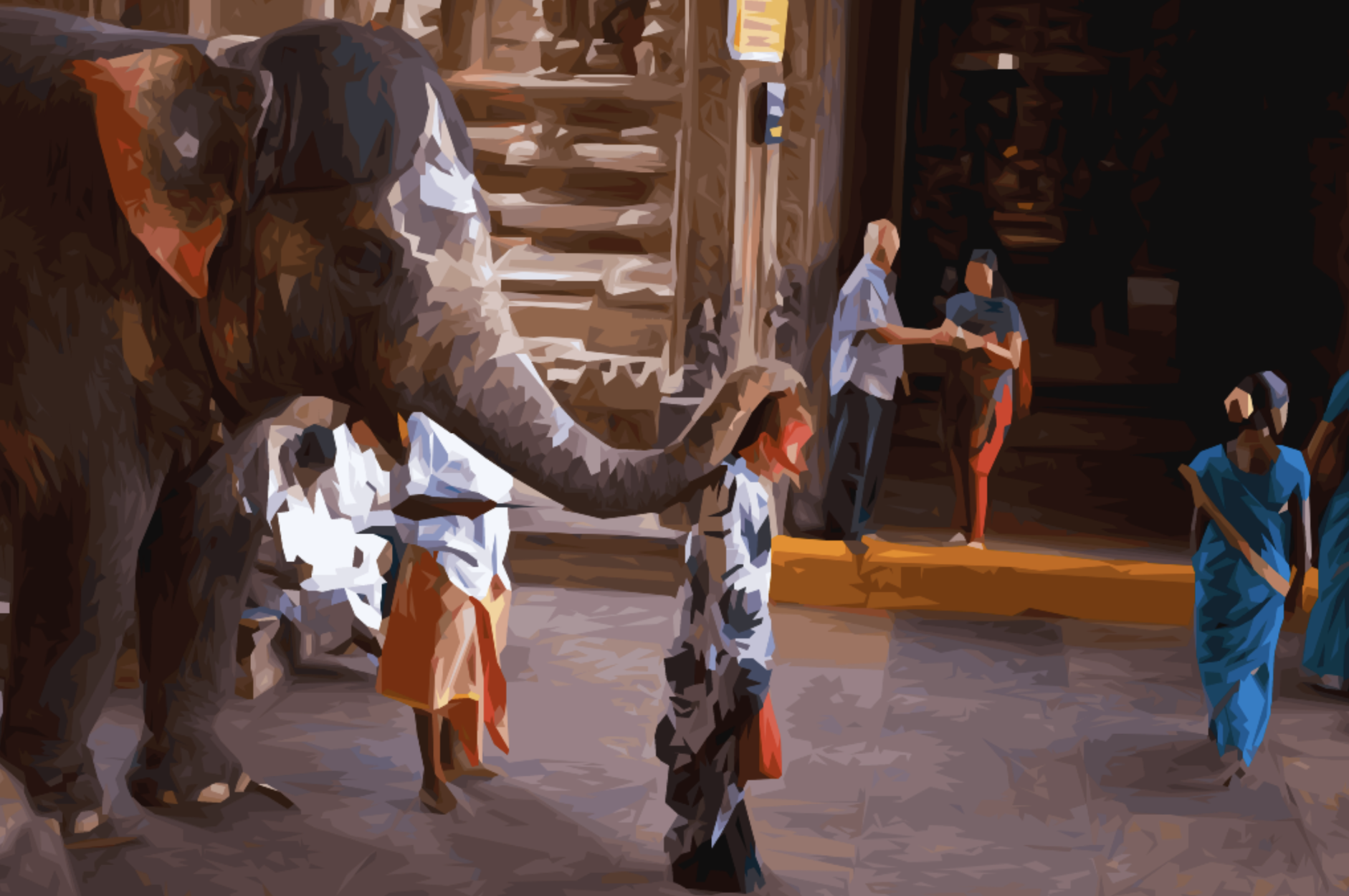When I was in second grade, my school arranged a visit to an Emu farm in Kalyan. I remember seeing the massive birds standing taller than me in their cages and looking up at their faces. I could immediately sense that something was off; they didn’t seem like any other bird I had encountered until then. There was a sense of foreignness about them, even though they had been brought to India, they still seemed very much Australian.
Nativity, as a concept, has always interested me. We know that Emus, like Kangaroos, are native to Australia. Both these animals act as symbols for the country, even appearing on their coat of arms. It is almost impossible to think of both these species separate from their motherland. But does the same apply to an individual bird that was born within a cage in Kalyan, which has never seen Australia? Is it then an Indian Emu? If so, why does it still seem so foreign?
Like Emus, nativity is intertwined with identity for us humans too. This is why it becomes important for us to define our native and why it becomes difficult. This is something I have always struggled with. While I have narrowed it down to three boxes, it feels wrong to check one and not the others.
The Obvious Choice
The simplest definition of the word native is the place you were born in. By this definition, I would call Mayiladuthurai, a town not far from Tanjore, my native. This seems like an obvious choice as this is where my maternal grandparents lived. This is where I remember spending my childhood vacations. Both my parents spent their childhoods in its vicinity. That seems like enough arguments to call it my native.
However, to call it my native is to embrace it as part of my identity. So, what is the identity of an average individual in Mayiladuthurai? The answer is, I don’t know. I never lived there for more than a few weeks. I do not know what it is like to be a farmer in my village like my grandfather. Can I really claim it as my native when I know about it only superficially? Can I really call it my native when the longest I stayed there was a few months after I took my first breath?
The Boyhood Choice
Maybe native then is the first place I have a memory of, the first place where I remember growing up. If so, I have to call Dombivli my native as this is where I made my first memories. This is where I bonded with people for the very first time and made friends. This is where I first learned to differentiate between good and bad, built a moral compass, however naive it may have been.
There is no doubt that I understood what it meant to be a Dombivlikar. There’s no doubt I embraced this identity as a child. I studied Chatrapati Shivaji Maharaj in my school textbooks and built Kilas (Mud Forts) during Diwali. I remember chanting, on top of my voice, ‘Ganpati Bappa Morya’ and playing Garba during the Navratri nights.
The question here, however, is whether this identity still applies. I have lost touch with anyone I knew back there, and I haven’t visited the place in over a decade. Can I claim an identity as my own when I myself have moved past it? Can I claim Dombivli my native when I am no longer the person who lived there?
The Influential Choice
The third choice that I have always considered is Coimbatore. I often describe Coimbatore as a pivotal chapter in my life, as a chapter that made me the person I am today. It was during my teenage years that my family moved to Coimbatore, and it was here that I found my passion for books, explored new hobbies, and developed a deeper understanding of the world around me. I also made lifelong friends and memories that I still cherish to this day.
However, despite all of these reasons, I cannot fully embrace Coimbatore as my native either. As with Dombivli, I have no ancestral roots to this place, I was merely a visitor in the city, even if it was for a few years.
Pondering over this question I have to come realize that Nativity is a fluid concept. It is complex and multifaceted. It is intertwined with our identity and influences the person we become. As I stand here today, I realize that I cannot define my nativity with a single answer. Just like the Emu born in India, which still feels foreign, my nativity is a complex amalgamation of different places, experiences, and people that have shaped me into who I am today.
It is important to embrace the complexity of our identity and recognize that our nativity cannot be defined by a single place or moment. As we navigate a world where borders and nationalities are becoming increasingly blurred, it is essential that we embrace our unique experiences and cultural heritage while also acknowledging and celebrating the diversity of those around us.
Just like the Emu, we may be born in one place but our identity is shaped by the world around us, making us truly unique and one-of-a-kind.

Leave a Reply